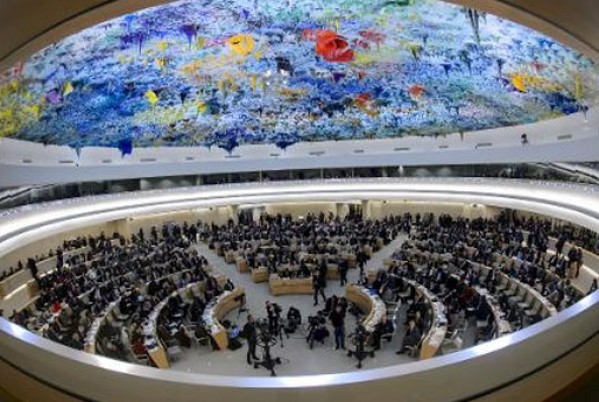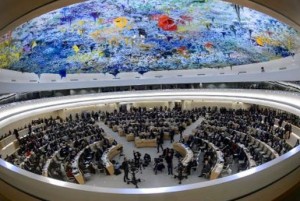By Said Temsamani
From November 27 to November 30, Marrakesh will be the World Capital of Human Rights and will welcome over 4000 actors and activists from around the world. During four days the participants will be assessing the situation of human rights in the current time of crisis and will work on human rights-based approaches to overcome the crisis.
International organisations, national institutions, local governments and NGOs will converse freely, exchange knowledge and good practices and debate on equal footing.
Too often, the different actors of human rights work separately. To face the existing and emerging challenges for human rights, the solidarity among all those who are working for the promotion, protection and implementation of human rights is essential. Thus, the Marrakesh World Forum will be the place where local governments, NGOs, civil society associations, academics and activists from all around the world can get in touch, debate and create solidarity networks.
The Moroccan President of the National Council for Human Rights of Morocco, Driss El Yazami, assured that the organization of this event in Morocco is an “international recognition to the achievements of the Kingdom in this area and the vitality of national institutions and civil society organizations that are working in the field of human rights”.
The upcoming Forum is an initiative that seeks to provide a space for public debate on Human Rights, where his main achievements and challenges are addressed with a focus on respect for differences, social participation, reducing inequalities and combating all violations of human rights around the World. The previous forum was held in Brasilia (Brazil) from 10th to 13th December 2013 and included major conferences on the right of peoples and memory rights, among others.
Morocco has long held a reputation as a moderate “bridge” state able to link disparate regions and balance international political tensions. Starting in the early 1990s, however, a gradual process of dealing with the past began to take root, culminating most recently in the work of the Moroccan Equity and Reconciliation Commission (Instance Équité et Réconciliation (IER)), established by King Mohammed VI.
Since January 2004, the IER has been working on addressing the terrible legacy of this era by investigating some of the worst abuses in Morocco and arranging reparations for victims and their families. The Commission represents a groundbreaking approach for the entire region and is exceptional in many respects.
It had the full blessing and support King Mohammed; its membership comprised many victims of arbitrary detention and torture; it was the only truth commission to ever have possessed the power to grant compensation directly to victims; and it was the first truth commission in the Arab world. For these and other reasons, the IER had the potential for significant regional and international influence, both in the short and long term.
So it is no surprise that the FMDH has seected Morocco to organize this important world forum. In fact, the forum will be a convenient venue to bring together and integrate people and organisations that will debate freely within conferences, thematic debates and self-organised activities. The participating actors will come from civil society organisations, international organisations, social movements, legislature, the judicial system, education and research institutions.








